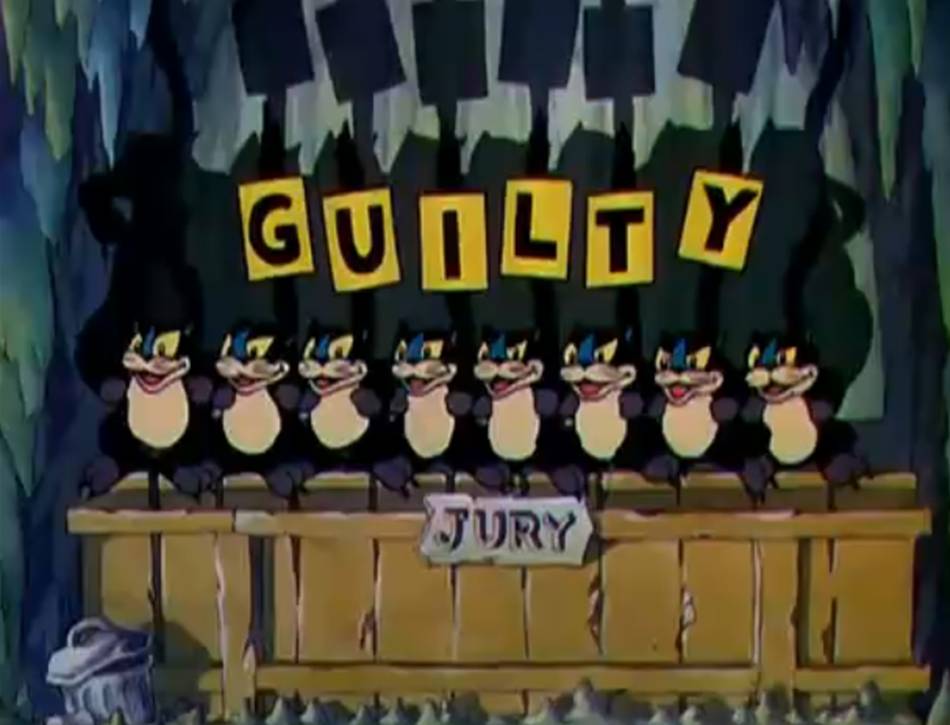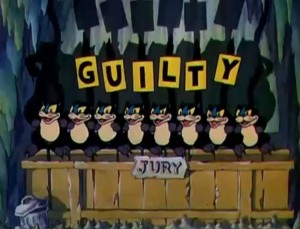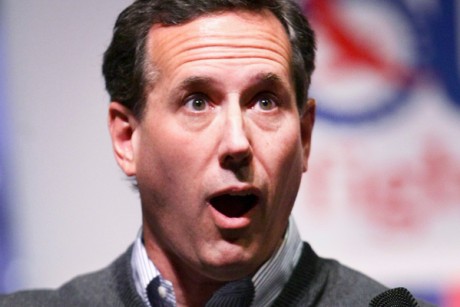A new problem is emerging as we delve deeper into the online world: Armed with Twitter and Facebook, we’re creating secret double lives without always realizing it.
Mood music:
I’ve watched friends’ marriages and careers come under strain because of this. It’s a bigger problem in relationships, especially if there’s flirting and deep connecting going on between you and someone who is not you’re significant other.
I’m starting to see where I could fall into the trap easily.
On Facebook, Twitter and in the comments section of this blog, I have a lot of exchanges with people. Some are old friends. Some are people I’ve never met and may never communicate with again. Others are friends I’ve made online, where we’ve hit it off over something, but we may have only met a few times at a security conference or tweet-up.
The exchanges are so fast with a lot of people that I don’t really think to bring it up in conversation. I get so many questions and connect with so many people through the blog that it can all become a blur.
I’m starting to see how these things, taken together, can start to resemble a secret life. I always bristle at the suggestion that I’ve built a separate online life because, if it is indeed the case, it’s not a deliberate, lucid move on my part. If I am a man of split personalities, I’d like to think that the personality people see at home, work and in my community is the most real version of me. I’d like to think I’m the same guy online as in real life, especially since this blog is about keeping it real.
But I may also be too dense or naive to see things for what they are.
Let’s face it: When you can go online and post pictures that capture your best side, so to speak, and you can fire off verbiage that’s edgier than what you’d say in person because you’re safe behind the computer, a fake side emerges. People connect with you over common interests and you have banter back and forth. You think nothing of it when you go offline because these aren’t necessarily people you know very well.
There are those who do get into online relationships deliberately because they’re unhappy, lonely, etc. But that’s not me. I’m happily married and love my family. This is usually the stuff I talk about online. I want everyone to know that I’m married, and that no one can compete with my wife. I want everyone to know how smart and bighearted my kids are.
But my contacts are vast because people read this blog or my work sites. It’s especially true of OCD DIARIES readers because if someone is in pain and relates to something I’ve written about, they want to expand on the conversation.
They’ll ping me on Facebook or email and Twitter. These expanded conversations are often the launching pad for follow-up blog posts.
I like to banter with people. To me it’s harmless. But I can see the danger where it can look like flirtation to others.
Why bring this up? Because I often find I have to out myself on real or imagined failings in order for me to make sense of it all and do something about it.
I’m not the only one who should be looking at the dangers. I have many a Facebook friend who acts one way on Facebook and another way in person. Something about the ability to control your image online that makes that happen. I know people who gush about their significant others online who do nothing but argue with that same person in real life. There are others who talk big and mouth off from the safety of their computer, only to come off as more timid and cowardly in real life.
I don’t think we do this stuff because we’re bad. I think it’s because this online world is still a relatively new place. Those of us who are socially inept in public find we can be who we want to be online. Speaking for myself, I have a hard time articulating myself in conversation. Because I can do it in online writing, I go to town, so to speak. The difference between me and others is that I try to keep it honest at all times. Sometimes, I fail. Not because I’m trying to mislead the reader, but because I’m lying to myself. When it comes to denial, addicts are masters of the form.
I know people who stay off Facebook for exactly these reasons. I know some people whose spouses won’t allow them them on Facebook because they don’t want them flirting with people and leading that secret life.
I like to think I’m easy to read, that those closest to me should have no trouble understanding who I am or what my intentions are. I guess this, like everything else in life, isn’t meant to be easy.
Be careful how you conduct yourselves online, my friends. And whatever you do, don’t try to create a secret online life. It can never replace those in you’re immediate circle and, if it’s a facade, it’ll fall down eventually.



 There are details of how he secretly started working against his comrades months ago, supplying law enforcement with the noose they needed to hang his enterprise from the gallows.
There are details of how he secretly started working against his comrades months ago, supplying law enforcement with the noose they needed to hang his enterprise from the gallows.






